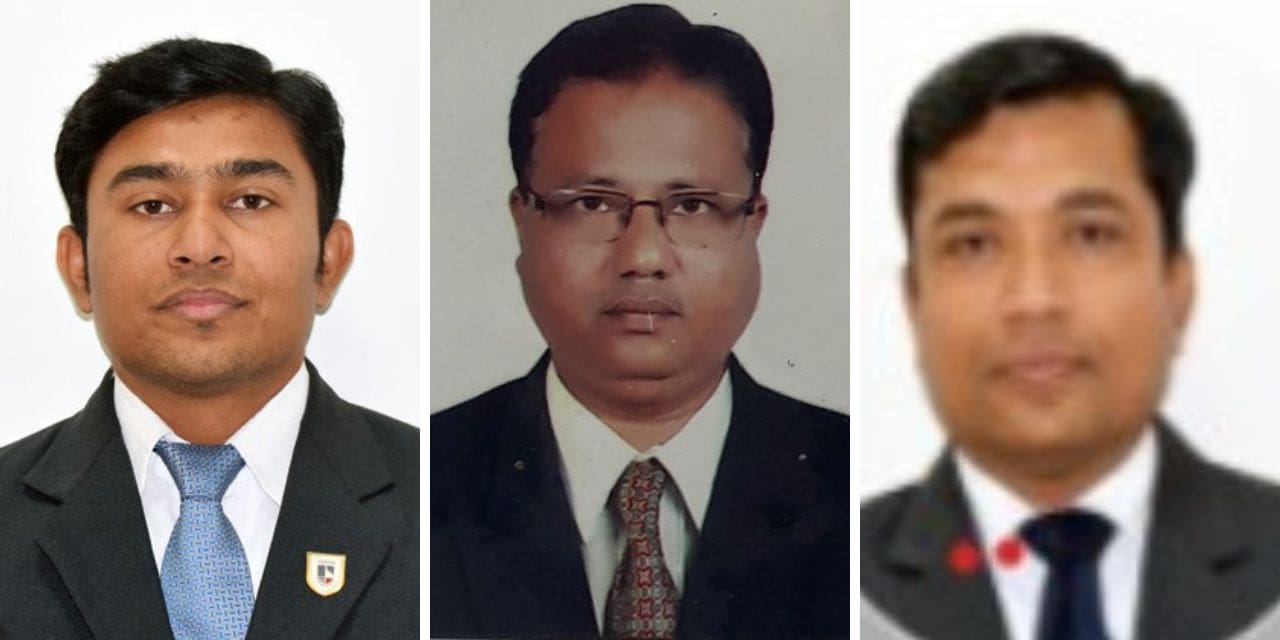By
R. D. Parsi (Assistant Professor)
Dr. T.A. Shinde (Assistant Professor)
Dr. V. S. Shivankar (I/C Associate Dean)
SVKM’S NMIMS University,
MPSTME, CENTRE FOR TEXTILE FUNCTIONS, SHIRPUR CAMPUS, SHIRPUR.
Developing Manufacturing Excellence:
The foundation of becoming a desired location for manufacturing is to focus on manufacturing excellence. It is only viable to achieve increased productivity and efficiency when all processes and systems operate collectively.
However, most of the textile industry lacks manufacturing expertise, except for a few elite businesses. This shortfall leads to higher waste, subpar quality, and reduced production and efficiency.
Manufacturing excellence consists of optimizing manufacturing operations, improving quality and procedures, increasing capacity, and using information systems for operations and control. Minimizing throughput time, keeping inventory balanced, getting rid of operational bottlenecks, cutting down on changeover times, getting rid of defects, and defining essential routes clearly are all characteristics of an ideal production process. Maintaining competitiveness in the global market requires a persistent dedication to improving quality and productivity via excellence in manufacturing.
Industrial Enterprise 4.0
AI, smart manufacturing, IoT, additive production, and man-to-machine communication are some of the components are all included in Industry 4.0. With the aim of making business smarter, this represents a revolutionary shift in the production unit. The adoption of innovative production systems is displacing the age that depended on cheap labour and traditional manufacturing techniques, such as the Progressive Bundle System and Unit Production System. Disruptive innovations are often introduced at the beginning of an industrial revolution. These technologies and developments have emerged in the industrial sector due to a variety of factors.
Some of the driving factors ushering in the industry 4.0 model include:
Industries 4.0 Elements:
1) Shifting Supply and Demand Dynamics: The Textile industry is trending toward quicker product introductions and shorter product cycles. Also, there is a change in the product basket that a brand can provide from big production, minimum mix to minimum volume and maximum mixing.
2) Growing constraints on the factor of production: The two main factors affecting most companies’ production costs are the lack of skilled labour and growing pay costs.
3) Always Changing Technology: Technological advancements drive industrial revolutions. Now, trends favor automation, increased production efficiency, and scalability in materials, robotics, nanotech, artificial intelligence, and the Internet of Things.
4) A Strong Focus on Sustainability: As the population grows and lifestyles change, new technologies must be developed capable of sustaining (Water, Material, Energy etc.)
Both productivity and product quality can be raised by fostering research and development, using the best manufacturing technologies, increasing manufacturing flexibility, and fortifying from raw material to final product chain.
In order to help the environment, the textile industry uses green practices such as reducing the amount of water, dangerous chemicals, fertilisers, and pesticides; using environmentally friendly production practices; consuming less energy in production processes; producing less waste; and putting the three R’s into practice: reduce, reuse, and recycle.
Our institute is a pioneer in creating a strong cadre of professional managers, confident of facing the emerging challenges in the Textile Industry at the national and international level.
The diploma holders from the SVKM’S NMIMS MPSTME Centre for Textile Functions, are analytically and technically sound persons. The courses we conduct here as parts of the curriculum based on industry requirement are helpful in strengthening the student’s ability to efficiently approach problems and bring out efficient solutions. We have our group’s most modern textile industry (PSSGL, Textile Park & other), where all the textile activities are carried out in single premises.
This helps in updating student’s technical knowledge as per recent industries requirements. We believe in more industrial exposure to the students for their better understanding and developments. Our focus is to bridge the gap between education and industry and for this we have adopted various concepts like, See and learn, Work and learn and Mentoring.

